
Fiber Improves Memory in Early Alzheimer’s
Fiber improved performance in memory tests associated with early Alzheimer’s in just 12 weeks.
Fiber is cheap, available as over-the counter supplements, safe and just right for these cash-strapped times.

Fiber improved performance in memory tests associated with early Alzheimer’s in just 12 weeks.
Fiber is cheap, available as over-the counter supplements, safe and just right for these cash-strapped times.

For 12 years, I’ve cared for my wife with Alzheimer’s, through heartache and joy. Learning from me and my loved one, may these tips provide you real opportunities to live well with Alzheimer’s.

Scientists found a way to predict Alzheimer’s up to seven years before symptoms appear using A.I.

Early evidence indicates ketogenic therapy is safe and effective for Alzheimer’s and other dementias. Dr. Stephen Cunnane shares his journey through this field.

60% of people with dementia wander off at some point. It’s long been a dangerous mystery. Japanese researchers tracked down the cause of this behavior. Find out more.

What do today’s Tsimane people have in common with ancient Greeks and Romans? A remarkably low rate of dementia. What’s their secret?
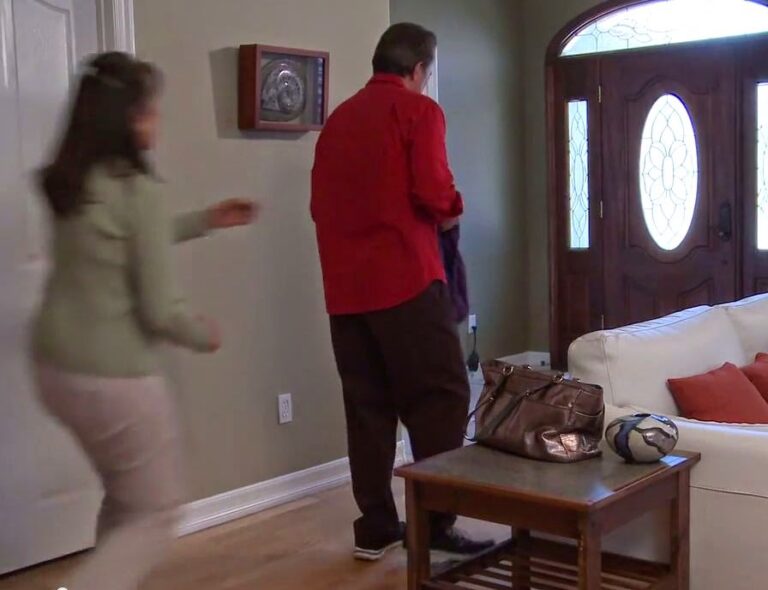
WANDERING occurs in 60% of people with dementia. It can be triggered by anything from an old memory to poor vision, from confusion to distress. Learn how to stop wandering from repeating itself. Find out ways to prevent it.
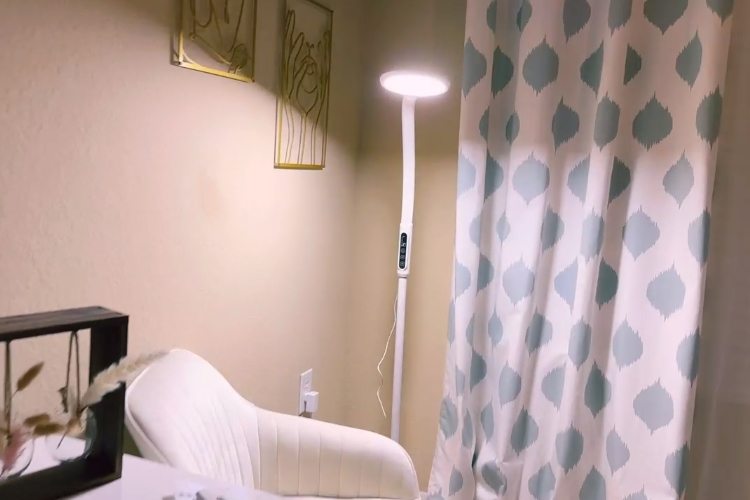
Light therapy offers significant improvements in sleep and psycho-behavioral symptoms in Alzheimer’s. Check out a new study and some how-to tips.

PseudoBulbar Affect (PBA) in dementia is characterized by sudden, uncontrolled outbursts of laughing and/or crying. Learn how Nuedexta helps people with Alzheimer’s and dementia affected by PBA.
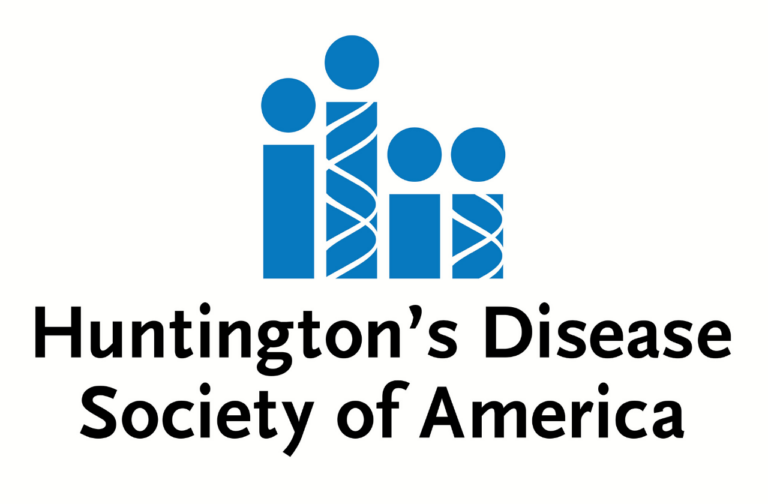
Join HDSA for a research webinar, discussing the new FDA-approved medication for treatment of chorea associated with HD in adults.

Lewy Body dementia is the 2nd most common form of dementia. See
experts at America’s top medical center, The Mayo Clinic, improving the lives of people who struggle with it.
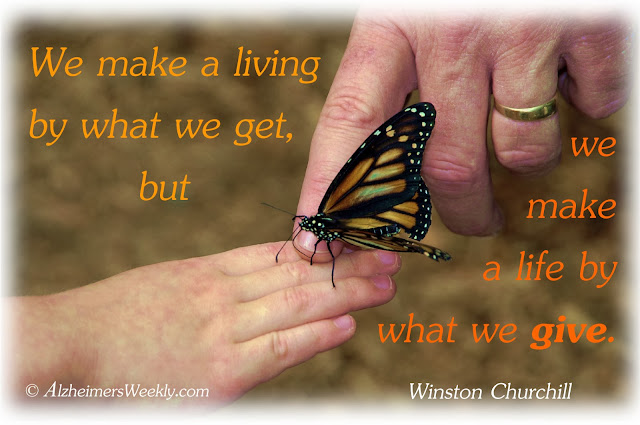
We make a living by what we get,But we make a life by what we give. (Winston Churchill)
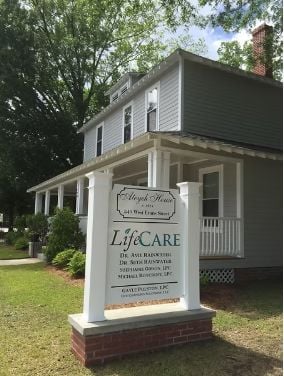
Clinical Psychology / Neuropsychology
LIFECARE PSYCHOLOGY GROUP, LLC

SHORT-TERM MEMORY lapses are obvious signs of Alzheimer’s, but other tell-tale signals begin to show much earlier. Learn how to look for semantic impairments, such as simple questions about size.

Three important dementia studies focus on HS-AGING, a type of dementia almost as common as Alzheimer’s in the 85+ group. Yet few people have heard of it. Why? What makes it different?

An intriguing study of 120 grandmothers might surprise you. Doctors know socially engaged people have better cognition and less dementia. But can a person get too much of a good thing? What’s the right balance?

Enjoy this great duet between a musician with dementia and his son. A triumph of spirit over Alzheimer’s! Sing-a-long if you like!
No spam, only news and updates.


